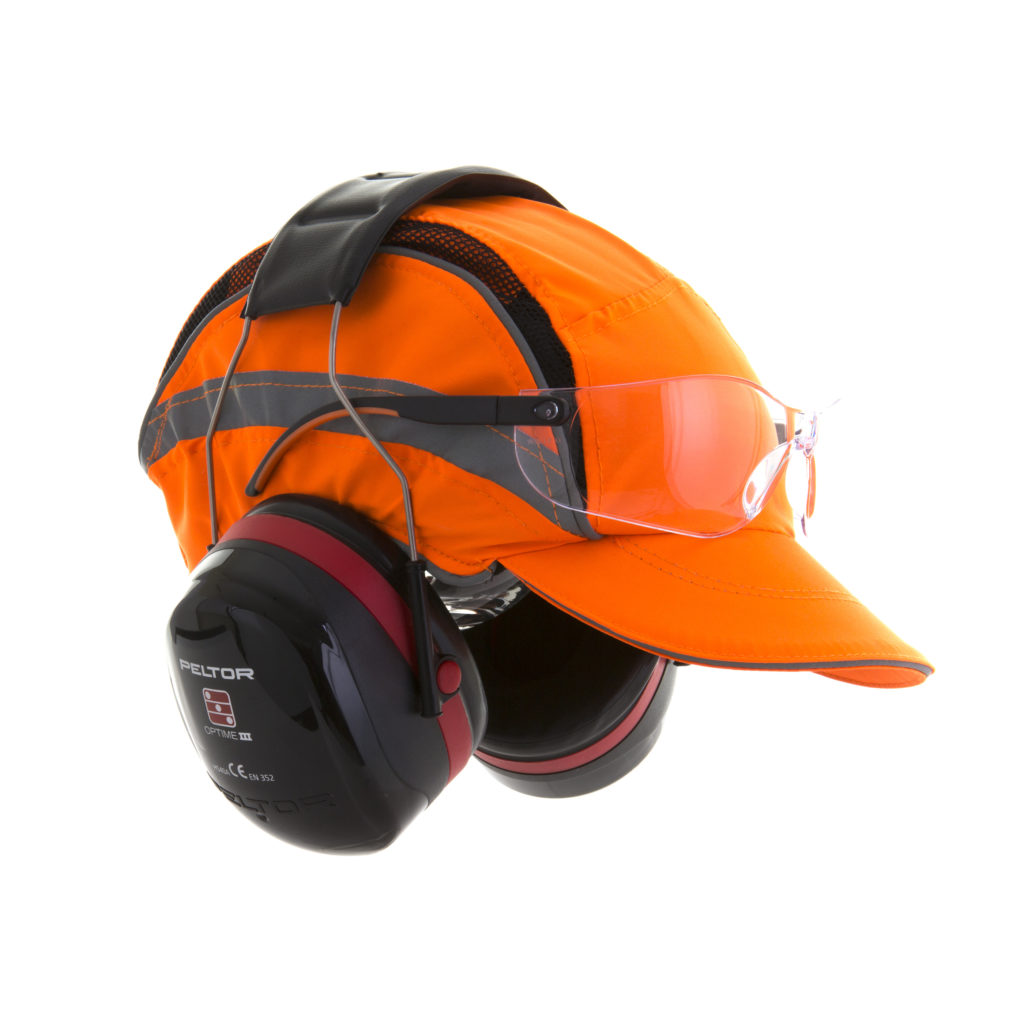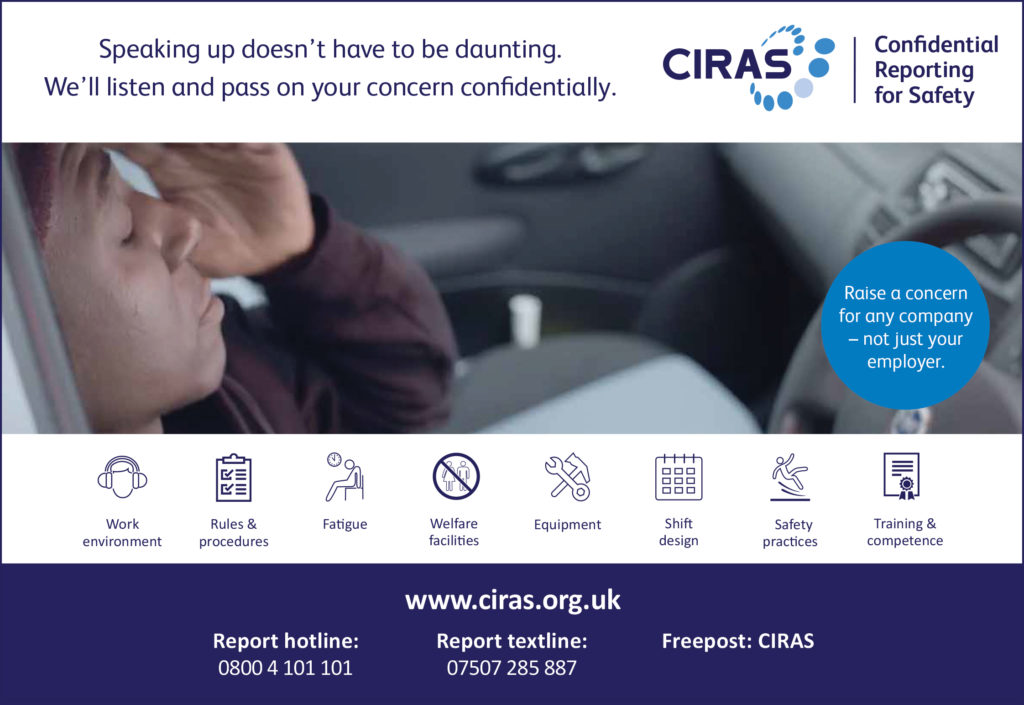Look around you. Is your workplace healthy? Are there hazards – Perhaps invisible to the eye – That aren’t being addressed?
We may rarely think about our work environment in terms of its impact on our own and colleagues’ health and safety, despite spending much of our lives at work.
Most companies are increasingly aware of their responsibility for the working environment they create and shape, and how it affects the people who work there as well as the natural environment and communities on a local and even global scale.
Despite this awareness, it is still possible for environmental health issues in workplaces to be forgotten about, ignored or unnoticed.
At an individual level, it can feel overwhelming to know – or wonder – about something not being quite right where you work. That’s especially true when you don’t feel able to speak up about it, or when you’re not sure that mentioning it will make a difference. You may wonder what effect your lone voice could have.
Collective voices have the power to make a change, but individual voices can get things done too. If you’re not comfortable speaking up on your own, you can speak to CIRAS. We listen to any health and safety concerns independently – including about environmental health issues – and pass them on to the company without identifying you, so the focus stays on what matters: the issue you’re raising.
The first step is noticing the problem. Staying up-to-date on relevant health and safety training, being aware of relevant risk assessments and following relevant safety information and instructions will all help. This will give you an idea whether there is something to be concerned about.
Sometimes you won’t know whether what’s concerning you is safe or not. All the more reason to speak up! Others could also be unsure – and then issues may go undiscovered and unresolved.
Speaking up
Physical hazards, control measures that are faulty or broken, or risk assessments that are out of date – for example because of changes to processes – are just some of the reasons you might raise a concern.
The Chartered Institute of Environmental Health defines environmental health as ‘the external factors that affect human health and wellbeing’, and notes that ‘poor health often results from poor environments’ – in other words, where we live and work affects our health.
Environmental health concerns at work might be about air or water quality, dust and fibres, toxic materials such as asbestos, gases, and diesel or welding fumes, for example.

Vibration can lead to Hand Arm Vibration Syndrome (HAVS): a serious, debilitating, painful and permanent condition. Noise is also less visible but still potentially harmful.
Environmental health concerns may have a wider impact too – for example, chemical leaks, or the build-up of fumes, harming the natural environment and neighbours.
Raising a concern with a company openly or by using CIRAS’ confidential reporting service will alert the people who can make a difference by resolving these issues.
When you raise a concern through CIRAS, we also find out what action has been taken and let you know, keeping your identity protected. You have the chance to ask further questions, and we make sure all concerns raised with us get an answer.
Making changes
We hear health and safety concerns from across the rail industry and the wider transport sector. Environmental health is understandably on people’s minds – as these examples of CIRAS reports show.
Someone contacted us about asbestos in their office with an ‘asbestos do not enter’ tape used. They were concerned that the asbestos could pose a safety risk to staff and asked the company to hire a specialist to review it. Although the company explained that annual re-inspections made sure that known areas of asbestos were encapsulated and managed for safe working conditions, they authorised an asbestos specialist to use a rubber-based paint over the asbestos as an extra safety measure.
Someone told us of a new product being used to clean train floors. They were concerned that staff weren’t given PPE to protect them from the fumes, and that there was no training on using the product safely. As a result of the CIRAS report, the product was withdrawn from use, although the company said that they had seen evidence that staff who had been using the product had received PPE and been trained.
• We frequently hear about potentially toxic fumes. Take this concern about spray painting within a train shed at a depot as an example. The person reporting it to us said that those painting were not given PPE. They were concerned about the paint fumes circulating. The company investigated and found the report accurate, so then stopped all ad-hoc painting in the shed, raised this with duty managers and pledged to monitor the situation. The depot added that it would review planned spray-painting and have the adequate protection in place for anyone carrying it out or within the area. A toolbox talk was then planned about the safety requirements for spray-painting.
Another reporter shared their concern that an automatic warning system (AWS) bell was too high-pitched, creating an uncomfortable working environment and possibly hearing damage as drivers often heard this bell. After the report, the company identified issues with certain AWS units causing a difference in sound. It replaced some of the units and planned in work to change the rest of them when replacement units arrived. A review was set up to identify any issues from the replacement units, and the design change reviewed across similar fleets.
Your decision to act by speaking up could lead to change to make your working environment healthier. Don’t forget that you can raise a concern with CIRAS about other companies – not just the company you work for – so your voice could help others too.


